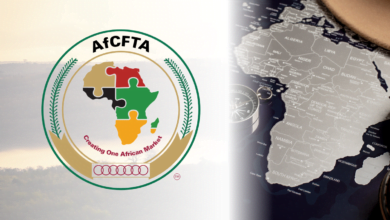With the 17th edition of the International Conference on the trafficking of species of wildlife and wild flora (CITES), to be held from September 24 to October 5, 2016, in Johannesburg, Africa reaffirms its commitment for the protection and the management of these species sustainably. Preserve sharks and rays would mean not only protect the environmental ecosystem, but will also have an impact on the African economy.
The 17th session of the international conference on trafficking of species of wildlife and wild flora (CITES Cop 17) will be held this year from September 24 to October 5, 2016, in Johannesburg. The program includes discussions around the decline of around 75% of the world population of sharks. Besides, a large delegation of NGO, international Pew Charitable Trusts recently traveled to Senegal to conduct a workshop for West African countries to discuss proposals on sharks and rays.
commercially valuable species
Trade in these high-value species will be monitored and reported. It is expected that those engaged in trade should bring original certificates. Thus, sharks, rays, which are endangered species in West Africa, will be protected effectively. These fishing and marketing activities are also very encouraged by the Japanese, the Chinese and Koreans. They are highly fond of these species. It is good to add that a 75% decline in shark populations has been recorded globally.
Help enhance the African economy
According to Maximilliano Bello from Pew Charitable Trusts, the situation is alarming since these species have a particular biology with a very slow lifecycle. The role of sharks through the marine ecosystem is well established. Moreover, experts have noticed that they can regulate it. Nowadays, fishing holds a place of choice in West Africa, with one million three hundred thousand tons of annual catches in CRSP countries such as Mauritania, Senegal, Guinea, Guinea Bissau, Sierra Leone, Gambia and Cape Verde. Their extinction would have disastrous consequences for African economies. This disappearance would create a snowball effect, as it would impact noble species of fish such as sea bream and groupers. In addition, more than 100 million sharks were killed for their fins. This represents hundreds of millions of dollars. All this uneaten meat could be used to feed the very poor African populations. Thus, a sub-regional action plan for the conservation and sustainable management of shark populations has been validated by the SRFC in partnership with the FAO that recommended the plan to all of Africa
By Darine Habchi





